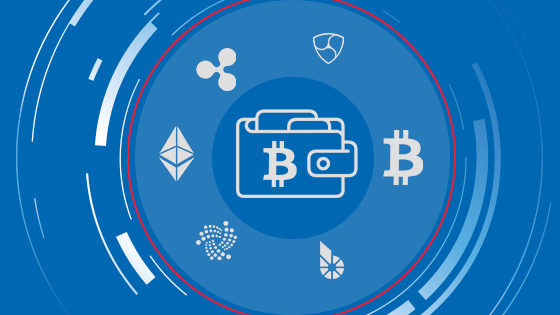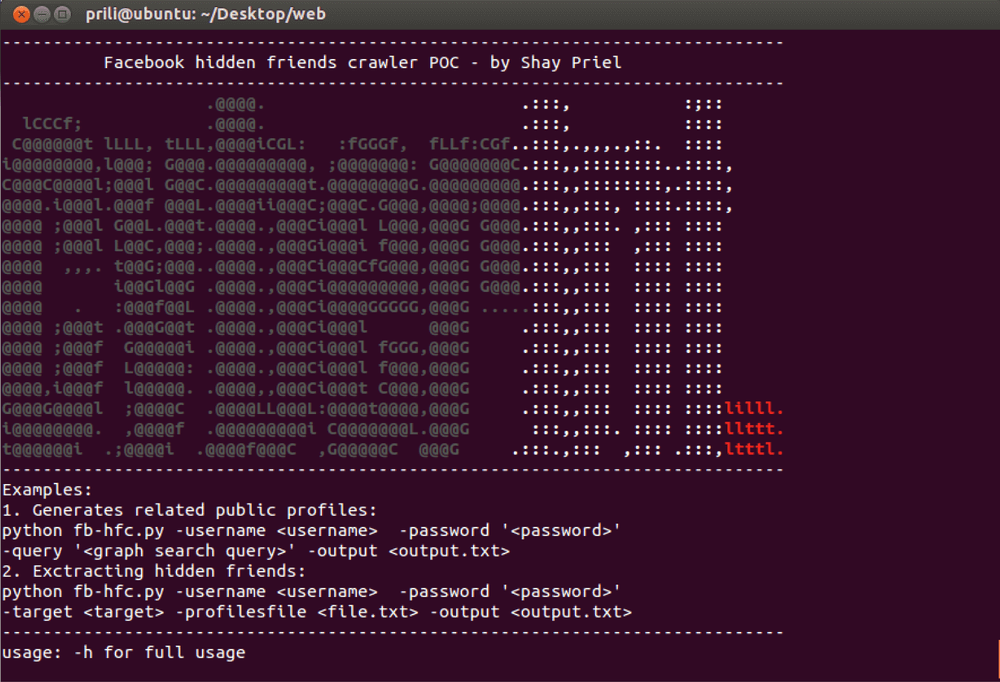


Do you own or are you thinking of buying bitcoin? Find out the common methods hackers use to steal cryptocurrency and the steps you can take to protect your cryptocurrency wallet.
Stories such as hackers hijacking computers to generate digital coins, a recent $530 million cyber heist, and the 1200% increase of cryptojacking incidents in the UK have become common headlines. News like this has caused some volatility in cryptocurrency and some fear that it is not secure; it is highly worthwhile to understand the common methods criminals use to steal it and what you can do to protect your investment.
How are Cryptocurrencies Secured
When you purchase a digital coin, it is secured with two keys: a public and private key. You can visualize the public key as a locked vault where your coin is stored, and the vault can only be unlocked with the private key; it is the only way to access the digital asset. Andrew McDonnell, president of AsTech says, “If that key is compromised, the attackers can send all of the victim’s bitcoin to themselves or an intermediary, or simply delete the key and digitally eliminate the bitcoin…Without the private key, as there is no central bitcoin authority by design, there is no way to claim ownership of a set of bitcoin.”
Cryptocurrencies use blockchain technology to track the order of transactions so that each bitcoin transaction is unique and coins cannot be double-spent. Because of this technology, retrieving stolen currency is not possible, highlighting the importance of exchanging and storing cryptocurrency securely.
There are two options for storing your digital coins: with an online service or by installing a wallet application yourself. When buying cryptocurrency, most investors choose to store their coins with services such as Coinbase because they rely on the security features built into bitcoin
Using an online service is more convenient, although, most bitcoin are stolen from online services, targeted because of the concentration of cryptocurrency accounts all in one location. So while choosing to install your own wallet adds some inconvenience, it can be the most secure way to store your cryptocurrency.
However even with this method, your wallet application can be ‘hot’, meaning it is by default connected to the Internet at all times and less secure because a connection to the Internet provides an opportunity for hackers to access it. The most secure option is creating a ‘cold’ offline wallet to store your assets. You can store your wallet’s private key offline on paper, a hard drive, or USB stick. If you choose to store offline, be sure not to lose the private key, since losing the key means you’ve lost your bitcoin.
Obtaining the private key is a sure way to steal digital coins, and your top concern is to protect your assets from these attacks.
These same hacking techniques are being used on businesses every day, and can be used to attack other assets, not just cryptocurrency. Organizations like Cyberint understand, track, analyze, and are constantly studying these attack methods as well as other current cyber threats. Don’t wait for a cyber event to happen to you; take the steps needed to prevent them from happening.
Fill in your business email to start


